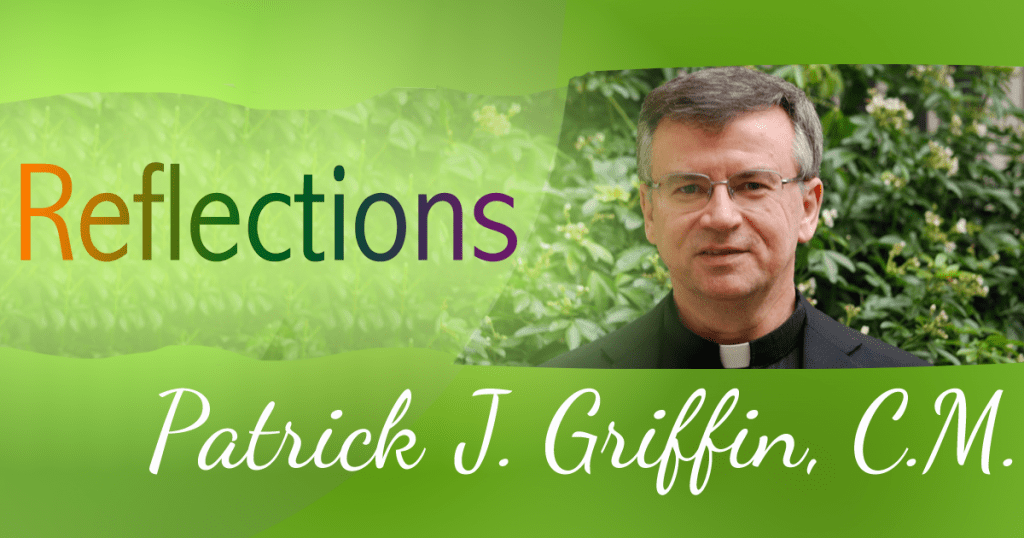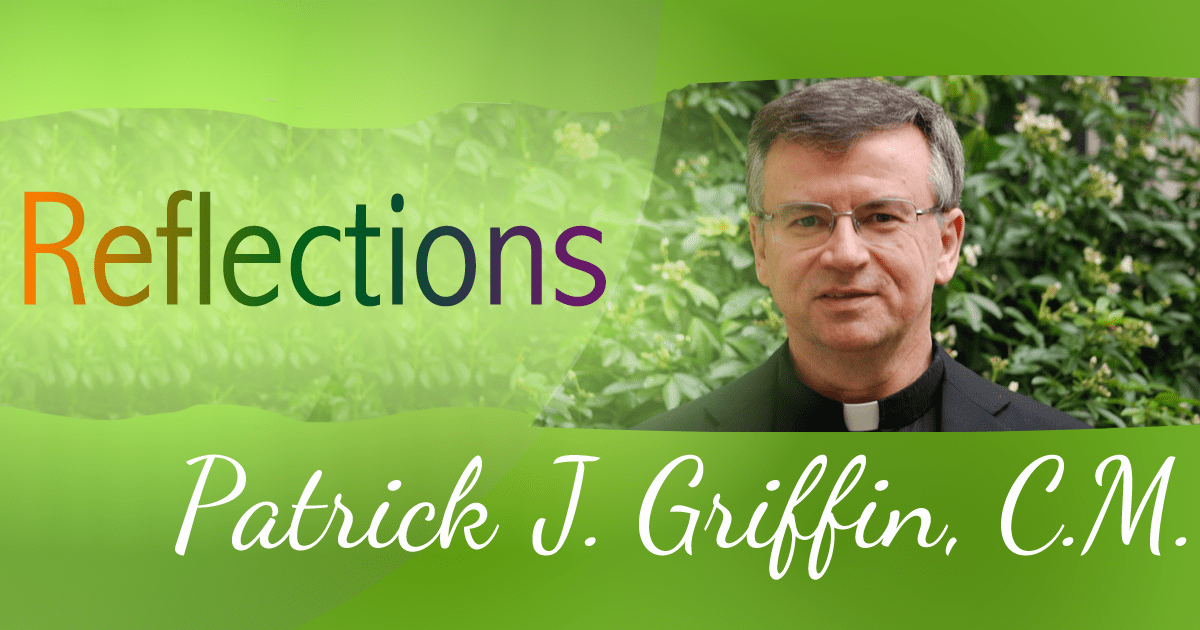A Vincentian View: Dreamers
One my favorite lines in describing Saint Vincent de Paul comes from the British author T. E. Lawrence. He writes:
Those who dream by night in the dusty recesses of their minds wake in the day to find that it was vanity: but the dreamers of the day are dangerous men, for they may act their dreams with open eyes, to make it possible.

We hear the warning regarding the person who sees possibilities with open eyes and in the most practical of manners: that individual gets things done. Vincent and Louise were those kinds of people. Contemporary prejudices did not stop them. Neither Vincent nor Louise held themselves bound by the restrictions of their time. They were prepared to do things differently while involving diverse people and institutions. No one would be more loyal to the teachings of the Church than they, but they also saw new possibilities— in consecrated life, in formation of the clergy, in preaching the Gospel, in serving the poor. They were supportive of the royal government and its role, but saw the ravage of war, the damage of favoritism, and the injustice suffered by the helpless. How easy is it to speak of them as “dreamers!”
This image returns to my mind in these months when Pope Francis puts two ideas before us. One is in his book “Let us Dream: The Path to a Better Future” and the other is in his proclamation of 2021 as a Year of St. Joseph whose story necessarily includes dreams.
In the book, Francis finds the Lord’s summons to the people Israel through the prophet Isaiah compelling and challenging (Isa 1:18-20): “Come now, let us set things right.” Francis recasts these words as an invitation to us: “Come, let us talk this over. Let us dare to dream” (p. 7). The Holy Father imagines a better world where the needs of all receive consideration in decision-making and where the world itself secures respect as “our common home.” The book details how this hope may be accomplished by opening our eyes (Francis describes the world in the most practical and contemporary of terms), using our minds, and acting with our hands. With insight, he writes about our common dignity and place:
“Solidarity is not the sharing of crumbs from the table, but to make space at the table for everyone. The dignity of the people calls for communion: for the sharing and multiplying of good, and for the participation of all for the sake of all” (pp. 110-111).
Then, there is Joseph of the Holy Family. (He is sometimes associated with the Joseph of the Old Testament who achieved his fame by being an interpreter of dreams.) When we study the dreams of Joseph of Nazareth, we can recognize the way in which he was led to form a family, to protect his loved ones, to value his heritage, and to make a home. Joseph dealt with his world in the most practical of terms and with the tools at hand. His dreams offered a path which he chose to follow as he responded to the grace of God in his life. He did not know all the answers, but trusted in the one who led. Fantasy was not part of his dreaming.
During Black History Month, many of us may recall MLK’s “I have a dream” homily. Some of us might be attracted to one of the pieces from Les Misérables, “I dreamed a dream.” The more sentimental among us would remember the line from “Somewhere over the rainbow,” “And the dreams that you dare to dream, really do come true.” The politically minded could summon up RJK’s statement, “Some men see things as they are and ask, ‘Why?’ I dream things that never were and ask, ‘Why not?’”
Joseph, Vincent and Louise, Francis, and many others invite us to think about what is possible as we open our eyes to God’s grace for a different and better world. We need to dream a little bit. After all, “Love is creative unto infinity” (VdP, CCD 11, 131)







Creative use of evocative quotations… Thanks
Vision without execution is hallucination.
Dream potential means you are not yet done…